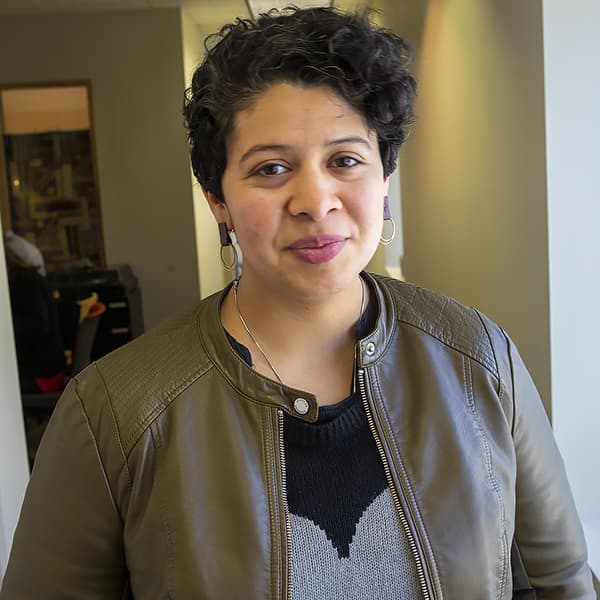Advertisement
My Apartment Building Once Housed One Of The Oldest Gay Clubs In The State
Resume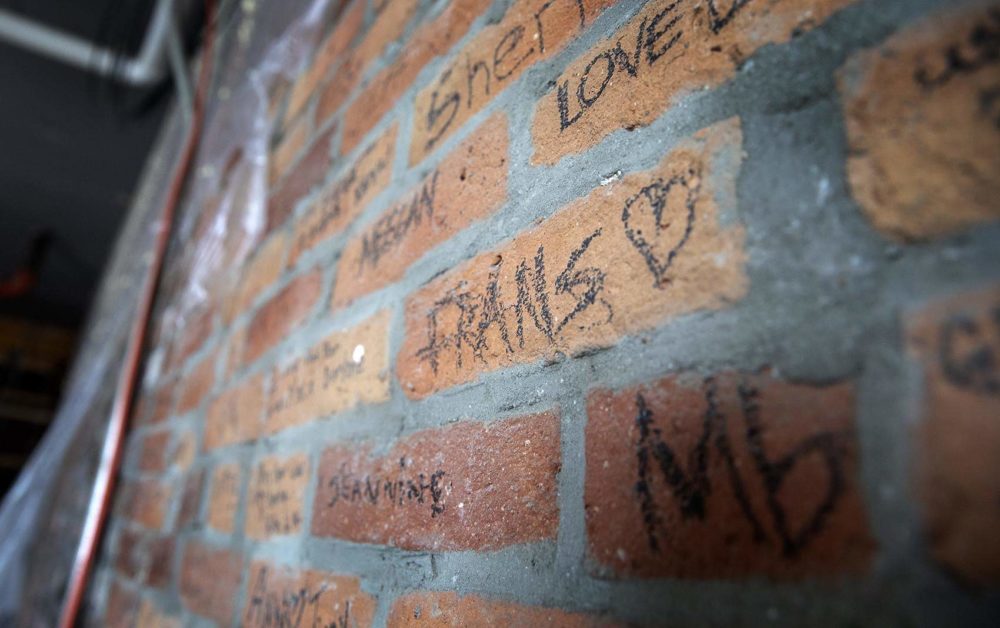
On its last night open in September 2016, the liquor ran out at Fran’s Place. Darlene Casey said one beer sat in the cooler, but it was too old to drink. A longtime regular, Casey watched patrons dance and sway, savoring one of the oldest gay bars in the commonwealth for the last time. She wanted to leave something behind, a way for people to know that she and her friends were there. So she grabbed black and silver markers.
“I approached [the owner] Jay Collins and I said, ‘can we sign our names on the wall? Casey remembered, “and he said, ‘well it is sold ... [the new owner] probably might take it down, so yeah, go ahead Darlene.’ ”
The crowd gathered around an old brick wall and began to write. Some had been coming to the Fran’s for decades. They signed their names as well as the names of old friends who passed away.
“[The wall] just shows the history and what Fran's did for the community, for us,” Casey said. “We are truly a family. Be proud and be loud and we were loud. We were definitely loud. It's amazing. Oh God. And again, we still wish it was here.”
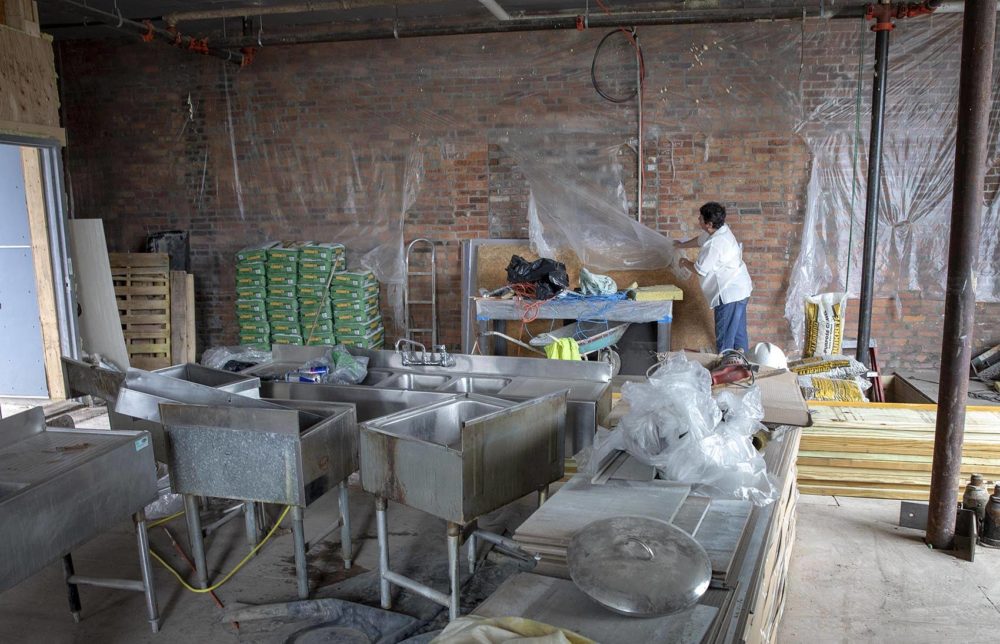
A 1982 Boston Globe article said "there are 20 homosexual bars and clubs within a 30-mile radius of Boston.” It referred to Fran’s Place as a “modest juke joint.” Bars like these were once all the LGBTQ community had, the only places queer people could freely express their love decades ago. These were spaces safe from judgmental eyes, spaces that have become more obsolete as culture has shifted and started embracing same-sex relationships.
We’re no longer living in the golden age of the gay clubs. Though these bars are still beloved and hallowed ground for anyone coming out of the closet, their role as a gateway to queer life has changed.
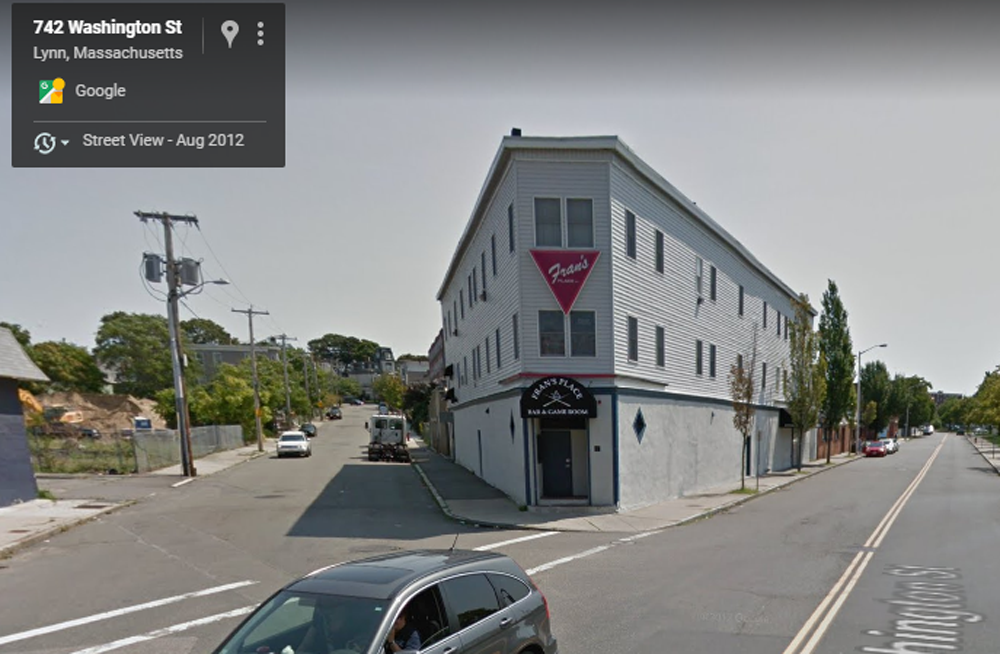
What was once Fran’s Place is now a refurbished apartment building that I moved into last fall. The same brick wall where the group wrote messages runs three floors up into my living room. For three years, their names have remained preserved on the first floor of this building.
I was the first tenant to move in, a queer woman of color who knew nothing of this rich history or the rare visual time capsule downstairs. I had no idea there are locals in and around Lynn who drive by my building and feel a deep nostalgia for the camaraderie they found at Fran’s Place.
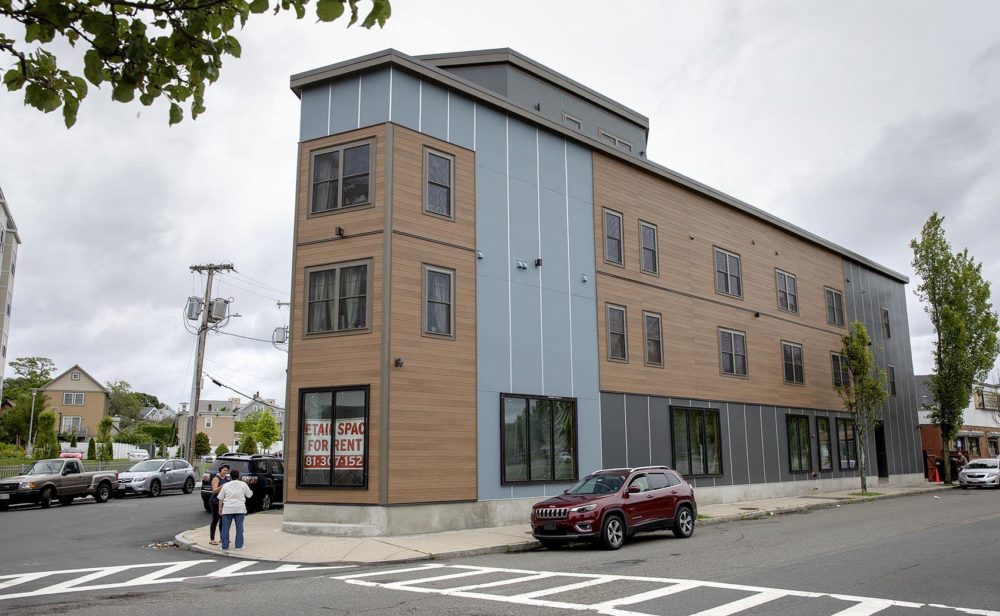
Casey told me she still calls her friends a band of misfits. Yet at Fran's, they always seem to fit. They looked for a new place, but nothing ever felt as comfortable as that old bar with the pool table and the stage, not far from King's Beach. We wandered her old haunt as she reminisced one Friday this summer. She recognized every single name on the bricks.
Lisa Ryan. Jimmy Doyle. Bambi. Maryann. Sandra. Jeffrey. This was her Cheers, where her friends threw her 50th surprise birthday party.
“You know we miss the bar a lot. It was a safe haven,” Casey said. “We had fun. We saw marriages, we saw break-ups, we saw losses of loved ones.”
While researching at the History Project, a Boston-based archive devoted to preserving LGBTQ history, I sifted through two boxes full of tapes and transcripts from the '80s about the evolution of the locale. Academics and historians did extensive interviews with regulars at the time. They wrote about the history of gay and lesbian culture in a paper called, “In and Around the Lighthouse: Working Class Lesbian Bar Culture in the 1950s and 1960s."
In those days, Fran's Place was called The Lighthouse.
Word spread quietly that this small eatery was a beacon for gay folks. In this pre-Stonewall era, even dancing with someone of the same sex could get one arrested. One woman quoted in the paper said she heard about the Lighthouse while spending time in a mental ward for being gay. The paper said her survival depended on denying her lesbianism. Someone on staff at the institution told her of a place where there were others "like her."
“On the day she was released from the hospital, Alice went to The Lighthouse, and quickly became a regular,” the paper said. “As for so many other lesbians in so many other cities, it was in the bar, with its gift of affirmation and permission, that Alice sought and created her identity, both discovered and determined what it meant to be gay in America in the mid-50s.”
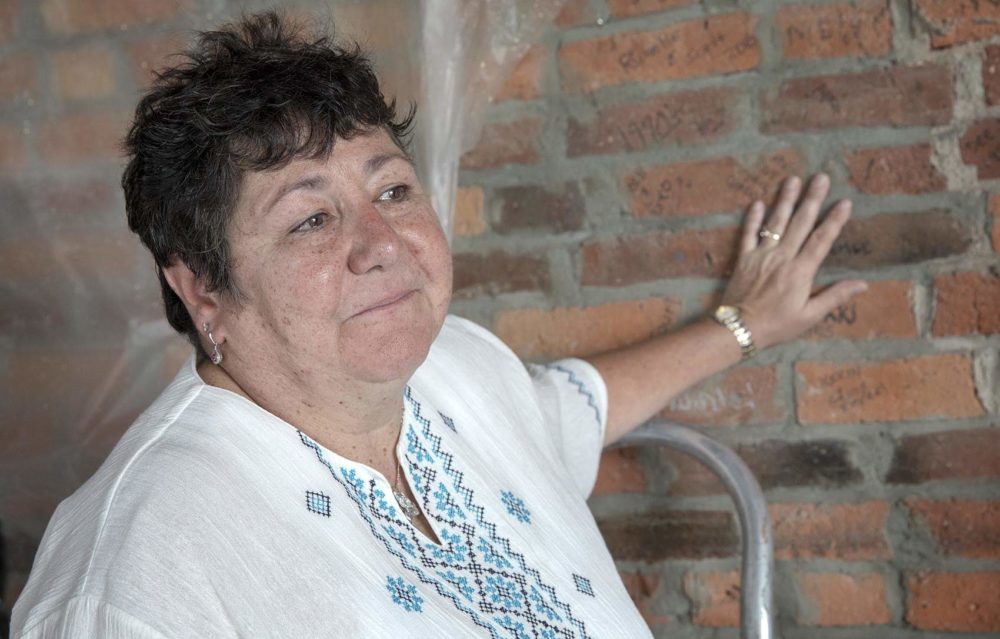
Jay Collins, a mechanic in the North Shore, ran Fran’s Place for more than 40 years starting in 1975. His parents opened the original business, the Lighthouse, in the same spot in 1940. It didn’t take his mother long to realize they were attracting a certain clientele, groups of women would bowl next door and then come over to the lighthouse and gather together.
“As a child I could hear my mother saying to my dad, ‘God, Bobby you know these girls seem very friendly with each other and one thing led to another and then I think they sort of realized what was going on,” Collins said. “My mother and father really loved it because they [the bar patrons] were just friendly people. They didn't want any problems. They were very nice. They were respectful.”
The gender roles were strict back then. More masculine women wore suits. More feminine woman wore dresses. If a visitor didn’t abide by heteronormative rules — even at this lesbian bar — they weren’t welcome or were encouraged to change the way they dressed and behaved to abide by gender norms.
Collins worked the bar with his general manager and longest serving employee, Robert “Tish” Muise. Before hanging up his heels, Muise was known by his drag queen name Tisha Sterling. Collins and Muise still miss working at Fran's. Their best era, both agreed, was the disco era.
Muise performed, poured drinks, and held an annual AIDS fundraiser. He tried to make the bar cozy, he says so anyone who wandered in would feel welcome. Regulars asked that a pink upside down triangle — a Nazi symbol for gay people that was later reclaimed by queer communities — be hung on the side of the building, below what is now my bedroom window.
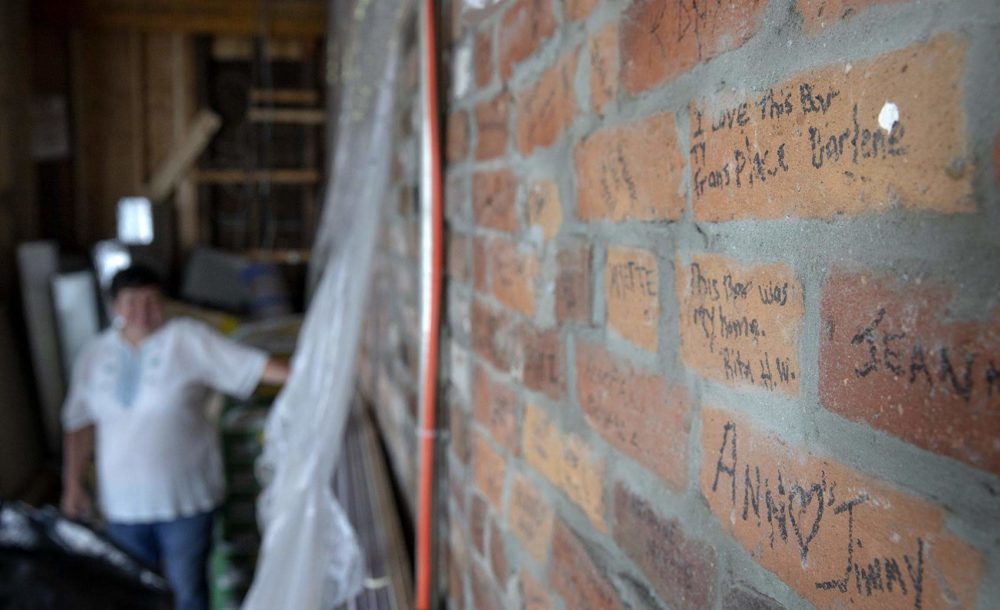
By the '80s, the second floor served as a dressing room for drag queens getting ready for evening shows.
“You definitely wanted to be nice to the customers because you wanted them to feel like it was home,” Muise said, “especially at the holiday time, Christmas time, a lot of families disowned their kids for being gay. And where did they go? Fran’s Place. They came out Christmas night and they’d be with their gay family.”
Fran's wasn't immune to violence though. People would drive by and yell slurs at those smoking or standing outside. Sometimes, men came in looking for trouble. They knew this was a lesbian club.
“If you came in and somebody started with you and you were like a regular customer and there was 50 people in there. Guess what? Those 50 people would be behind you,” Collins said. “And that's just the way it was. Hell's Angels came in here once saying 'we're going to wreck this place.' Two lesbians beat the snot out of those guys.”
There are mornings I think about what my building witnessed. In the archives, I found pictures of two women in blue tuxedos celebrating their union before gay marriage was legal, where countless others found friends and themselves. Casey remembers meeting a new friend at the bar after a tragedy.
“Basically you know I spoke up and said, ‘Look this is Danny. He lost his husband,' " Casey said she told the crowd. “ 'He's family. Let's hold him under our arms and bring him into our life too.' We’re still friends today.”
Latin Night was one of Fran’s most popular nights during its final years. I imagine the crowd, dancing salsa and reggaeton, knowing how hard we’ve fought to exist, even when the whole world told us we were going to hell, even when the only places we had to call ours were bars. Their stories live in the bones of my building. Next to her name, Darlene wrote one line: “I love this bar." I think I would have too.
This segment aired on July 31, 2019.
